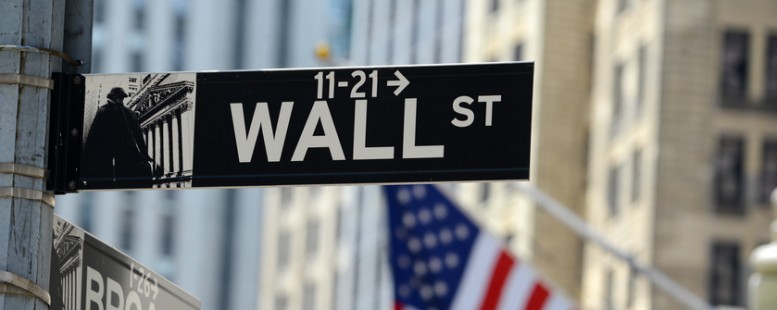Our Opinion: 2020
Stocks stumbling

Markets have been rallying almost continuously since the March bottom, but the last couple of weeks have brought a reminder that gains can quickly turn into losses. The UK’s FTSE-100 has fallen by 5% over the last three weeks.
Signs of a revival in Covid-19 are tempering the exuberance. Case numbers are rising in 20 US states and there are signs of a new outbreak in China. Even this relentlessly optimistic rally would be unlikely to survive a second wave.
The patchy recovery of late lead many to think that we are in a “bear market rally”: a period of optimism within a structural downtrend. A recent Bank of America survey of market professionals found that 53% think this is a bear market rally and a net 78% believe stocks are overvalued – a record number.
That is more than said the same thing on the eve of the dotcom bubble bursting. The current optimism is based on talk of a “V-shaped” recovery, yet just 18% expect such a rapid snapback in activity.
Why are markets surging when so many professionals are wary? Many point to trading app Robinhood, which is enabling casual US investors to take a punt on stocks. Users are often derided for their lack of investment knowledge, but research by investment banks shows that they have done a better job than the professionals at picking stocks of late. Perhaps for the first time since the late 1990s retail money is having a real impact on market movements.
The trouble is that retail investors have also been enthusiastically buying up struggling firms with terrible balance sheets because they look cheap. This will end in tears.
Hopes of a V-shaped recovery endure. Incoming data certainly points to one for now. Driving indices show that people in the US and Germany are moving around at pre-virus levels again. The latest round of survey data show improvements in May across major economies, suggesting that April was the global bottom. This week the US reported a record jump in retail sales.
The recovery will be lengthy, but a gradually improving economy is likely to keep stock prices buoyant. The surge of monetary and fiscal support is proving a powerful tailwind for asset prices. Some stock-markets also look pricier than they really are: valuations are based on bombed-out 2020 earnings forecasts, but earnings next year and thereafter are likely to be much better. That should mean that the recovery in risk assets has further to run.
25th June 2020
